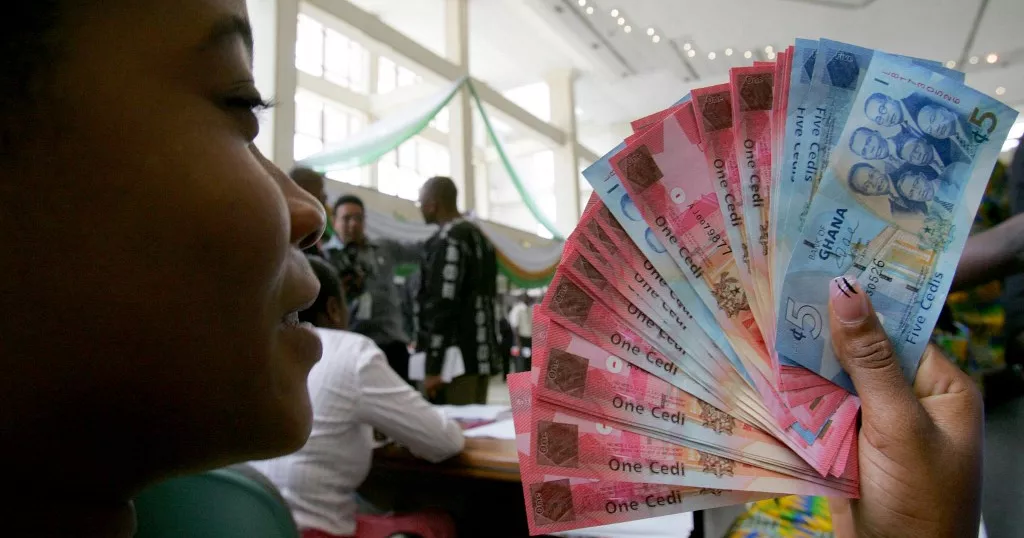
Ghana hikes key lending rate to counter inflation
In a surprising move, Ghana’s central bank raised its benchmark lending rate by 50 basis points to 30% in an effort to address its severe economic crisis. The country is facing challenges such as double-digit inflation, a weakened national currency (Cedi), and escalating public debt. In May and June, annual inflation reached 42.5%, though it had previously slowed down from a peak of 54% in December.
To combat the crisis, the central bank has been consistently raising interest rates since late 2021, with only a few breaks in between.
Last year, Ghana faced a debt default on a significant portion of its repayments and sought help from its lenders. In May this year, the country secured a $3 billion bailout loan from the International Monetary Fund (IMF). However, this loan came with conditions, requiring Ghana to implement strict spending cuts, end subsidies, and improve tax collection.
The latest increase in the key interest rate is likely to add further financial burden to households and businesses already grappling with the high cost of living, potentially slowing down economic growth.

